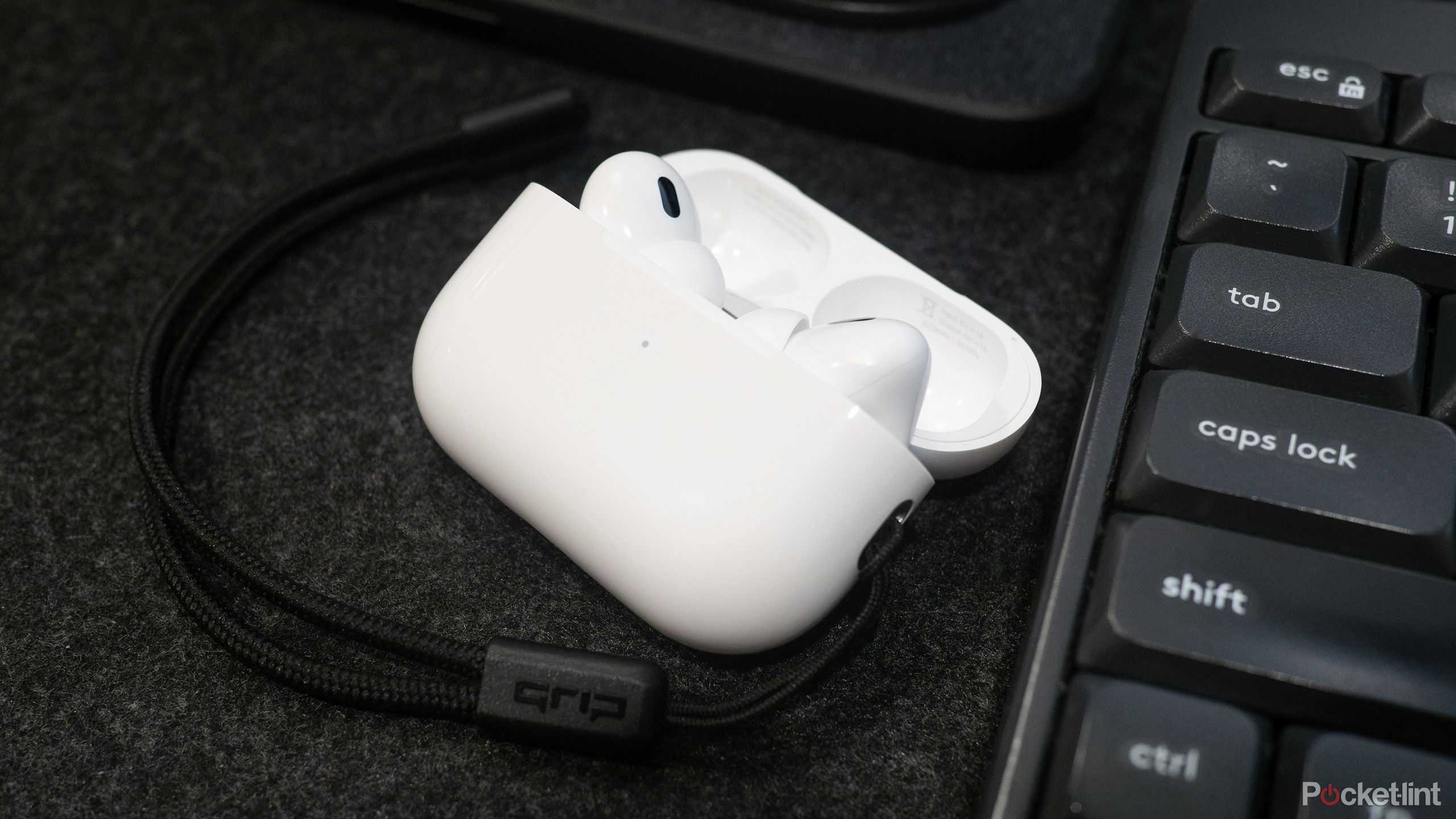Waterproofing should always be one of your top goals when buying wireless or outdoor headphones. A rainstorm or a spill can ruin your day in an instant if your $200, $300, or even $400 earbuds get ruined. And if you’re serious about your fitness, waterproofing equates to at least some degree of sweat resistance.
Apple’s AirPods are hugely popular for workouts and general listening, but which models are truly waterproof, and how good is their protection in real-world use?
Which AirPods are waterproof?
From some protection to no protection at all
Pocket Lint
The most protective AirPods to date are the second-generation AirPods Pro. These earbuds are IP54-rated, making them safe against dust and light splashes of water. However, we should emphasize the “light” part. They can withstand things like sweat and light rain, but heavy rain and shower jets are dangerous. They’re also not designed to be submerged, so if you accidentally drop them in the bathtub or toilet, you’ll need to quickly rescue them and grab a silica gel packet or dried rice.
The first-generation AirPods Pro and the third-generation basic AirPods share an IPX4 rating, which gives them similar waterproofing as the second-generation Pros, but they don’t have dust seals, which means you shouldn’t wear these earbuds while riding a dune buggy in Nevada.
For lifting and running, we recommend finding safer headphones.
The first and second generation AirPods, like the AirPods Max, don’t have any kind of water resistance rating. Liquids won’t destroy them right away, but you can’t expect them to protect you, either. So we recommend limiting their use to dry environments and finding safer headphones for lifting and running. If you want to avoid an expensive mistake, ignore the Max’s popularity at the gym.
Are AirPods waterproof?
Waterproof is not the same as water resistance
No, they aren’t. True waterproof headphones can be submerged in fresh water for extended periods of time. You shouldn’t swim or shower with your AirPods on. If you drop them in a pool or the ocean, they may stop working before you can get them out, as chlorine and saltwater are corrosive.
Serious athletes should use earphones with a higher IP rating.
AirPods’ durability is temporary, and repeated exposure to liquids will gradually wear down the seals. If you tend to sweat a lot while exercising, the seals will deteriorate even faster, perhaps within a year. Serious athletes should look for earbuds with a higher IP rating, such as the Jabra Elite 8 Active. An IP68 rating means they can withstand up to 1 meter (about 3.3 feet) of water for 30 minutes.
Will Apple finally offer rugged headphones? Probably. Jabra isn’t the only company offering a rugged alternative to AirPods, so competitive pressures may force the company to make a move.
FAQ
Q: Why aren’t AirPods completely waterproof?
This is probably inherent to the design of most headphones, which need some way to deliver sound to your ear canal, not to mention a microphone to pick up your voice and activate noise cancellation. There are swimming-safe headphones available, but these typically rely on bone conduction, which doesn’t block out ambient noise.



